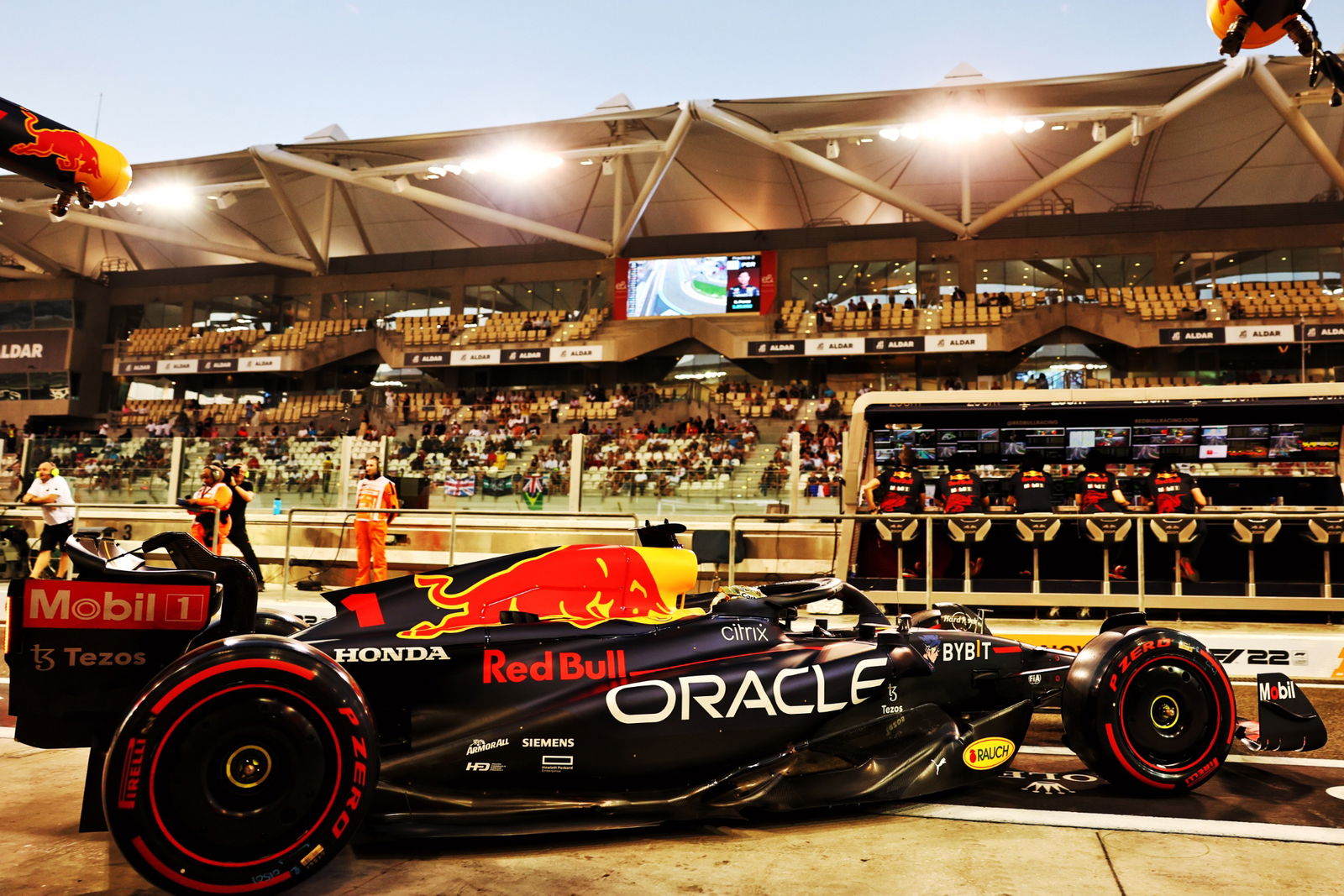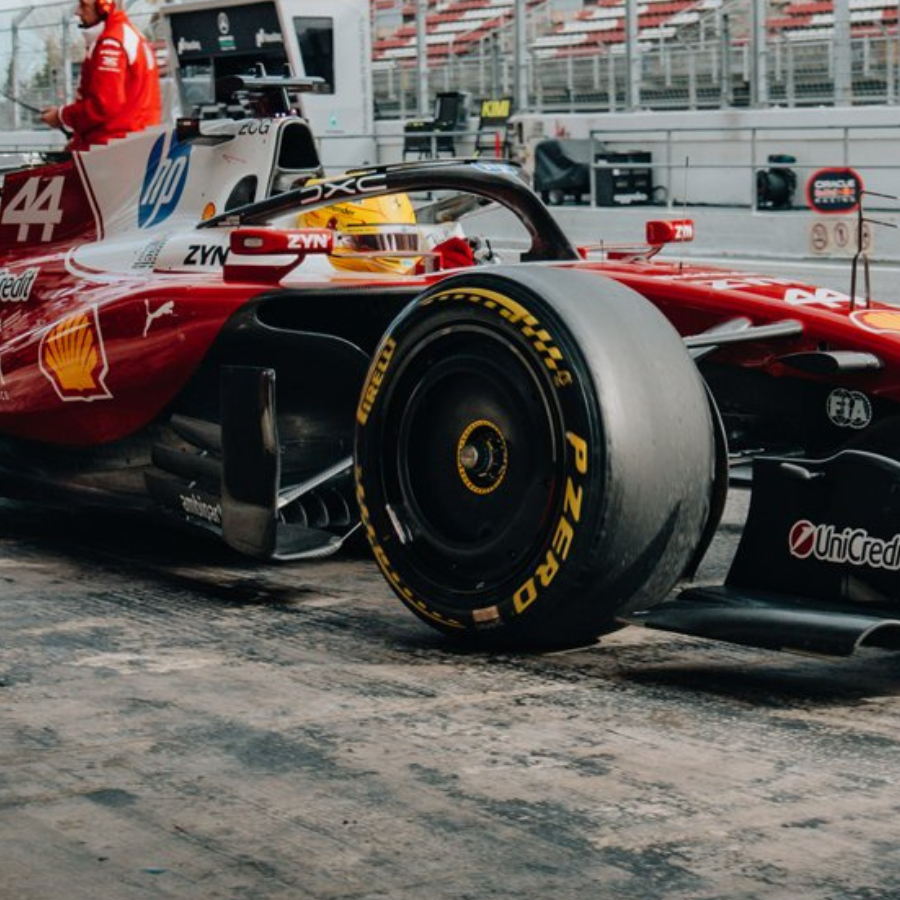Christian Horner admits F1 cost cap penalty is ‘significantly’ limiting Red Bull's car development

Red Bull were handed a $7m fine and a 10 percent reduction in wind tunnel time over a 12-month period by F1’s governing body the FIA after being found to have committed a minor breach of the $145m spending limit set during Max Verstappen’s maiden title-winning campaign in 2021.
The Milton Keynes-based outfit have already served one quarter of their penalty and Horner concedes Red Bull have felt a notable impact on their car development heading into the new season.
“We’re probably 25% almost of the way through that penalty, and of course it has an effect,” Horner told RACER.
“It’s limiting significantly, the amount of runs that we can do in our wind tunnel over each quarter. And I think that the team are they’re having to adapt to that.
“And it just means you have to be a bit more focused, and more disciplined in what we put through the testing process within the tunnel or within our simulation tools.
“So it’s another challenge. And it’s a handicap for sure, coming into this year, but we’ve got very capable people that are looking to obviously extract the best that we possibly can and apply ourselves in the most efficient and effective way.”

Horner stressed the introduction of financial regulations in F1 is good for the sport, despite Red Bull suffering as a result of their punishment.
“I think the principle of it is great and it’s driven efficiency,” he explained. “If I look at the business now, compared to where it was four or five years ago, we’d have ended up with a lot of stock of spare parts that were brand new that had never been used, and then they’re just scrap. And so now you just can’t afford to have that. You’ve got to be so effective and efficient.
“So I think from that point of view, it has driven great efficiency into the business. It’s got rid of that wastage that was there that nobody saw previously.
“I think that the regulations are still very immature, they’re only in their second year. So they’re still evolving, and being tuned and as they’re being introduced into the power unit side of the business as well – I think principally, it is a good thing for Formula 1, and it does create a more level playing field – I think there’s certain elements that still need to be to be tuned.
“At the moment, we’re seeing a discrepancy between chassis financial regs and engine financial regs that on the chassis side, they can have a Christmas party, on the power unit side, they can’t! So there’s certain things that I think need balancing up so there is a consistency across those caps. But I think on the whole, it’s a very positive thing.
“I think that perhaps there is still too much weight put upon them in that we’re still designing very expensive engines and very expensive cars, because the technical regs drive you towards that. And I think the technical and sporting regs, I think particularly on the chassis for 2026, we need to look more at the cost drivers which are driven through those technical regs, which will then in turn put less pressure on the budget cap itself.”







